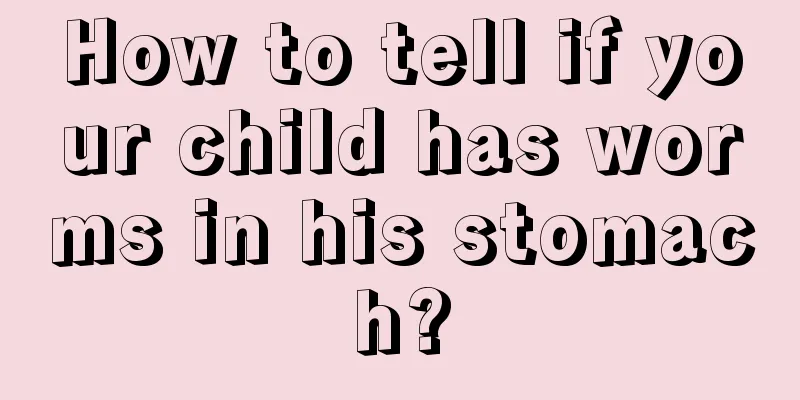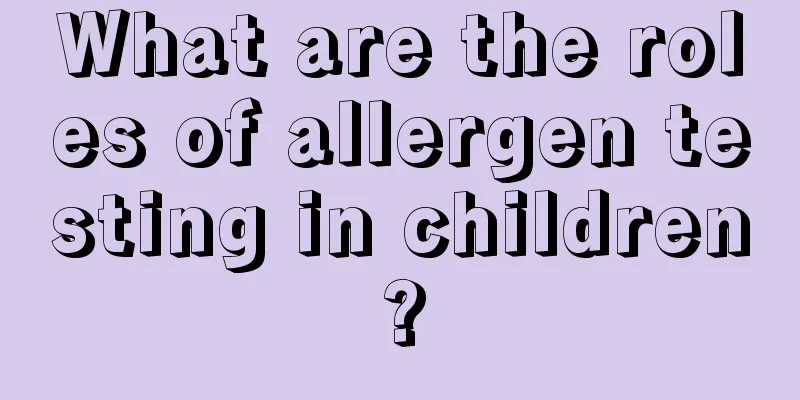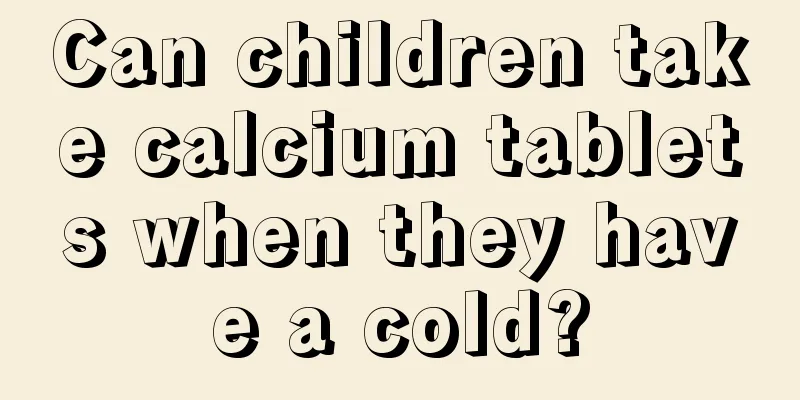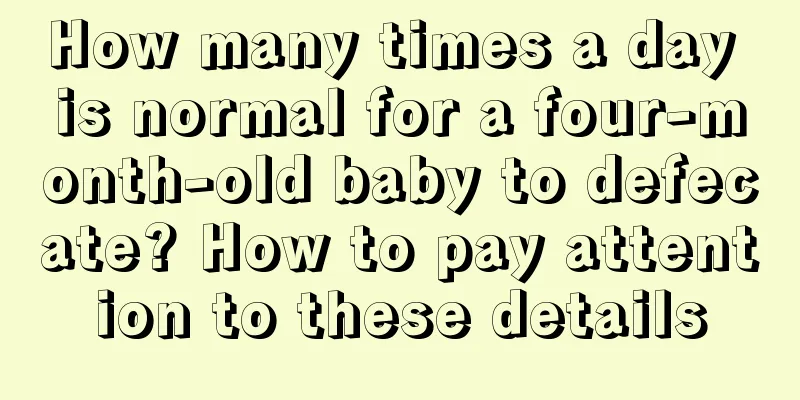What to do if your child has trouble breathing while sleeping
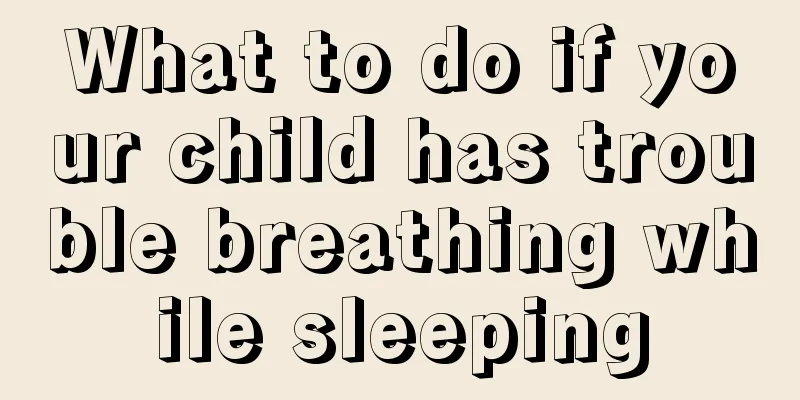
|
Some mothers find that their babies breathe very quickly, as if they can't breathe, when they are sleeping or at other times, and they are very worried that their babies are sick. What is going on? Is it a symptom of some disease? In fact, mothers do not need to worry too much about this phenomenon. We need to understand this phenomenon correctly. So, let me tell you what is going on. Newborn baby shortness of breath while sleeping There is no need to worry about this situation, because when the baby is just born, he mainly relies on abdominal breathing, so you see his little belly going up and down, and their breathing is faster than that of a normal adult. When he is quiet, the breathing rate is about 40 times per minute. If a child's breathing rate continues to exceed 60 to 70 times per minute, even if it is rapid breathing, it often indicates diseases of the respiratory system or other systems. However, be sure to count your breaths in a quiet environment. When a baby cries, his breathing rate increases. The normal breathing rate of a normal newborn baby at rest is about 40 times per minute (the normal breathing rate for a normal adult is 16 to 20 times per minute). Breathing more than 60 to 70 times per minute is called tachypnea. The heart rate of newborns fluctuates greatly, ranging from 120 to 160 beats per minute (normal for adults is 60 to 90 beats per minute). Reasons for rapid breathing in newborns during sleep 1. Upper respiratory tract infection: The baby's upper respiratory tract disease may be caused by incomplete development of the larynx and laryngeal bones (i.e. soft larynx); or by factors such as upper respiratory tract stenosis, obstruction and foreign body inhalation. It could also be a viral infection, such as croup. Next possibility is laryngeal edema. Huang Liangdi further stated that laryngeal edema is an acute allergy, that is, an acute, allergic vocal cord edema, mostly caused by seafood, drugs or bee stings, and has nothing to do with physical constitution, and is often accompanied by respiratory tract edema. 2. Lower respiratory tract infection: There are many causes of lower respiratory tract infection in newborns. Huang Liangdi explains the common causes one by one: Premature respiratory distress syndrome. If the baby is born within 34 weeks, the lungs may not be fully developed and the baby may have premature respiratory distress syndrome. Another possibility is that neonatal pneumonia causes sepsis, resulting in respiratory distress; or meconium aspiration syndrome, congenital heart disease, etc., which prevent the normal supply of oxygen, and the baby has to rely on panting to increase the oxygen content. Tracing the cause of respiratory distress in newborns Experts say that if a newborn baby under 1 year old has shortness of breath, in addition to infectious reasons, allergies are also one of the reasons. In addition, other possible factors include: (1) Respiratory syncytial viruses: such as bronchiolitis. (2) Allergies: If your baby often has wheezing or wheezing during the neonatal period, it may be an allergy. (3) Congenital structural abnormalities: such as abnormal vascular structure that compresses the respiratory tract and causes esophageal obstruction; or congenital abnormalities of the trachea. (5) Diaphragmatic diseases: such as diaphragmatic hernia caused by pulmonary hypoplasia. In the longer term, if babies grow up to toddlers and have shortness of breath, the reasons are most likely: (1) Infection: such as pneumonia caused by atopic constitution, which causes water accumulation in the fascia. (2) Allergies: Babies may often have allergic reactions, such as asthma, allergic bronchitis, etc. Symptoms of shortness of breath in newborns 1. Breathing too fast. The breathing rate of a newborn baby is 40 to 60 times per minute. As he grows, the breathing rate will slowly decrease, from 20 to 30 times per minute for infants and young children to about 15 times per minute for adults. Abnormal breathing rate may be too fast, causing shortness of breath, or too slow, causing apnea, bradypnea, etc. 2. The depth of breathing is obvious. When resting, your baby's breathing is smooth, regular, and deep. Once breathing abnormalities occur, the baby will show signs of difficulty breathing. We can observe that the baby has a sunken chest, that is, there will be a depression where the lower edge of the ribs meets the abdomen, a depression in the central sternum, or a depression where the upper sternum meets the neck. This is because the respiratory muscles are struggling. 3. There is noise in the breathing sound. Noisy breathing is mostly caused by abnormal breathing sounds caused by increased secretions in the respiratory tract or narrowing of the respiratory tract. Flaring of the nose and wheezing breathing may occur. What to do if your newborn baby has shortness of breath while sleeping If your baby is breathing rapidly while sleeping, you must first study and analyze it from many aspects. The most important thing is to observe the baby's condition. If the baby eats well and sleeps soundly, there is nothing wrong. It is best to listen to the baby's breathing rate. If the baby breathes more than 60 times a minute, you should see a doctor. Because some neonatal pneumonia can also cause shortness of breath. You should also pay more attention to whether your baby often chokes on milk and whether he likes to play with bubbles with his mouth. These can all cause pneumonia. If the situation is serious, it is best not to delay and it is recommended to go to the hospital for a thorough check-up. These mothers can also feel more at ease. Because the chest, lungs and stomach of newborns are not fully developed, they are prone to food drainage, choking and other phenomena. Some even suffer from suffocation and pneumonia, which can cause rapid breathing. In addition, catching a cold or having a sore throat can also cause shortness of breath, so mothers should also pay attention when they see these situations. If the baby's mental state is good, he can eat and sleep, does not cough, and his shortness of breath is not serious, and it is just a slight phenomenon when sleeping that will disappear after a while, then it should be a normal phenomenon. The breathing rate of a newborn baby is faster than that of an adult. If parents are worried, they can pay more attention to daily observation and count the breathing rate of the newborn baby frequently. If any abnormality is found, medical attention should be sought in time. In addition, the editor reminds that if a newborn has shortness of breath, in addition to infectious reasons, allergies are also one of the reasons. |
<<: How to deal with bacterial infection in children's cough
>>: What should I do if my child's throat is repeatedly inflamed?
Recommend
What to do if your 10-month-old baby is constipated
Now we advocate eugenics and good parenting. The ...
Is it OK to bathe a child with a fever?
In the past, it was common for many children to h...
The difference between exanthema and measles
Roseola and measles often show similar symptoms, ...
What should I do if my child has a cough for half a month and the medicine doesn't get better?
If a child coughs frequently and has not seen any...
Infants and young children with roseola, you must know these home care methods
Infants usually have poor body resistance and not...
What should you pay attention to when your baby changes his teeth?
When the baby is changing teeth, mothers should p...
Why don’t children eat meat?
Children's diet is the most worrying thing fo...
What to do if children have dry stools
Dry stool is a very painful thing for both adults...
How long after taking medicine can the child drink milk?
As we all know, milk has many benefits to the hum...
Diet therapy for children prone to colds
In fact, children’s immunity is relatively poor i...
Is brown stool normal for babies?
When a baby's body shows abnormalities, there...
How does the baby always suck his fingers?
Experts say that babies first learn about the wor...
What to do if your baby retches while eating
Babies are a piece of flesh that falls from their...
Why does an eight-year-old child urinate frequently?
If an eight-year-old child has frequent urination...
Why is my child's urine red?
Under normal circumstances, children's urine ...


